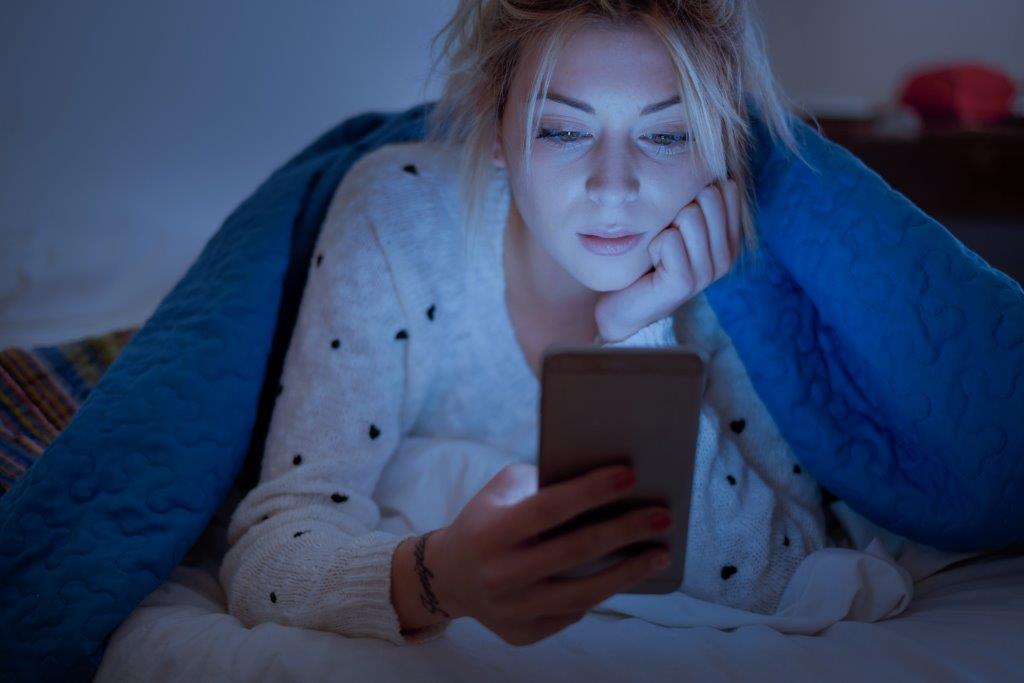Most of us, even those who don’t work or live alone are used to getting out having routine interactions with others, to run errands, visit friends or partake in hobbies and interests.
No longer having these modes of connection with others is understandably stressful for many, and may negatively impact our mental health. It may be especially jarring for people who live alone. Connections to others make us feel safe, and feeling deprived of this may create a sense of anxiety. Furthermore, while solitude can be a positive growth experience and opportunity at times, for some, excess time alone can trigger pre-existing mental health vulnerabilities and unhealthy thoughts and behaviours.
Strategies to promote better mental health during this period in face of feelings of loneliness generally involve:
- Finding ways to stay connected despite restrictions; and
- Keep busy with useful distractions. This has two related purposes; avoiding succumbing to negative thoughts and ruminations, which is a risk factor for depression, and to experience the positive feelings that come from goal centred activities, creative activities and other actions that can bring us relaxation, joy, stimulation and engagement, and contribute to greater mental wellbeing.
- Finding ways to be comforted
- Finding ways to stay connected
First of all, it is worth mentioning that people who live alone and have experienced a negative on their mental health, can visit their GP who may be able to provide a medical exemption for them which would allow greater contact with others. Also, the website https://app.crisisheroes.com/ provides the opportunity for people who could do with some friendly chats during lockdown to be connected with people who would like to offer that.
More generally, its time to get comfortable with using technology. Consider
- Calling someone on the telephone (particularly on days you are feeling lonely)
- Place calls using video chat services like Facetime or Zoom
- Post on social media or respond to other’s posts on social media
- Stay in touch via text
In addition to staying in touch with family and friends, you can also combat loneliness by participating in online exchanges with other people. These don’t need to necessarily be your online “friends,” but rather those with whom you share something in common and you communicate online.
Below are some examples of online connections that you can make.
- Joining and participating in Facebook groups about topics you are interested in
- Joining and participating in local community Facebook groups
- Signing up for online forums about your hobbies or interests
- Joining and playing Multiplayer games such as Wordfeud
- Signing up for online sports games like Fantasy Football
- Joining QuarantineChat, a service specifically set up to help people connect during quarantine
- Joining an online bookclub like Goodreads
Listening to podcasts, watching or listening to interviews with others on youtube, TV or radio may also provide a sense of relating to others and lessen feelings of disconnection.
2. Keeping busy
- Try to keep a regular schedule as much as possible to give rhythm and structure to your days. Have a balance of rest, exercise, achievement and pleasure activities and make them routine or scheduled. Achievement activities in the covid environment may be different to what you are used to, e.g., if you are used to working and now not working. They might be cleaning out a drawer or a section of your home, performing an act of kindness for another, getting around to things that you’ve thought of doing but until now haven’t had the time. This might be doing an online course, cataloguing your photos, home improvements, trying out difficult recipes, learning better ways to manage your finances, investigate your ancestral tree, watching the movies or reading the books you have marked to read some day. Make a goal and set intentions for your activities.
- Exercise is known to have anti-depressant and anxiolytic (anxiety-reducing) effect, as well as being very important to physical health. Apart from walking and home exercise equipment, there are many online exercise programs which don’t use equipment which offer free trials, and Youtube has lots of yoga and dance classes.
3. Finding sources of comfort
Finding ways to give yourself comfort even when you are feeling lonely can help to improve your mental health. Below are some ideas:
- Take a bath
- Focus on your pet
- Cook healthy comfort food
- Experiment with your hair styling and make up
- Watch favourite TV shows or read favourite books
- Light scented candles
- Play your favourite music
Practice positive self-regard: This means always assuming you are doing the best you can. Accept and acknowledge your feelings, understanding that feelings come and go. Acknowledge your own strengths, efforts and resilience, and avail yourself of help or assistance where it is offered or available.
Create something: There’s a reason why artists enjoy becoming swept away by their work. Expressing yourself through creative means can be therapeutic, whether it involves painting, writing, craft, home decorating projects.
Look to the future: While it might feel like this loneliness will last forever, there will come a time that you’ll be back to your usual routines. One way to feel less alone now is to make plans for the future or do things that help you to focus on the future.
Contact Relationship Matters
Call 1300 543 396
Email contact@relationshipmatters.com.au
Visit www.relationshipmatters.com.au
Download PDF below

